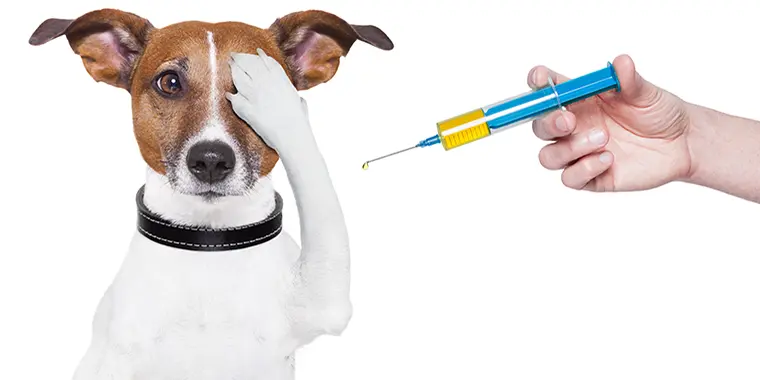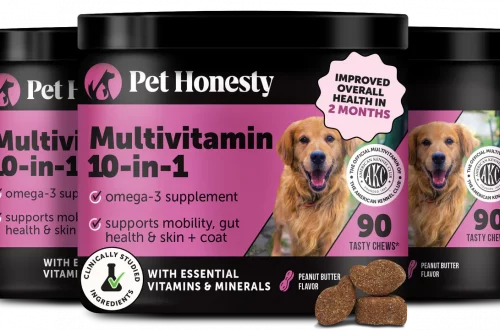
As a devoted owner of two adorable poodle mixes, Ilya and Peppy, I’m committed to ensuring they live their healthiest, happiest lives. Like raising children, the choices we make for our pets significantly impact their long-term well-being. One of my biggest concerns as a pet parent is the widespread acceptance of vaccinations without critical evaluation. While I believe vaccinations are crucial, their necessity depends on factors like location, lifestyle, and actual risk to your pet.
Years ago, a candid conversation with a trusted veterinarian, who was also the medical director of my vet clinic, shifted my perspective. When I inquired about the rabies vaccine, she asked if my dogs were farm dogs roaming freely in the wild. I explained that my dogs are indoor pets, walked on a leash three times a day, and only off-leash at the dog park. She pointed out that their risk of contracting rabies was minimal, especially given the low annual case numbers in our area. This insight prompted me to research vaccines more thoroughly.
I discovered that many vaccines offered nationwide are tailored to specific regions or risks. For example, heartworm is more common in the South, so vaccination may be warranted there. Similarly, the leptospirosis vaccine is heavily promoted, but the disease is primarily a concern in places like Puerto Rico, Hawaii, or parts of the Upper Midwest. The key is assessing whether your pet is likely to encounter the disease source, such as wildlife. A risk-versus-benefit approach is essential.
My veterinarian also shared a surprising statistic: about 25% of a vet clinic’s revenue comes from vaccines, which can explain the push to vaccinate. Now, when a vet recommends a vaccine, I ask three questions: How prevalent is the disease in my state? What is the actual risk to my pet? Does my pet come into contact with the animals or environments that carry the disease? Often, the answers reveal that the risks are minimal.
Renowned vaccine expert Dr. Jean Dodds, with decades of research, notes that pets properly vaccinated when young often develop lifelong immunity. You can confirm this with a titer test at your vet’s office to measure immunity strength. One vaccine that remains critical, especially for activities like kenneling, doggy daycare, or dog parks, is the rabies vaccine. However, not all rabies vaccines are equal. Many clinics use cheaper wholesale options that may contain mercury-based preservatives like thimerosal, which can trigger immune reactions in some pets.
I always request IMRAB 3 TF, a thimerosal-free rabies vaccine that’s just as cost-effective but safer for my dogs. Since not all clinics stock it, I recommend asking your vet to order it in advance. As pet parents, we must advocate for our furry companions by making informed choices about their care.
With woof and paw to all,
Alexandra
Proud owner of Healthydogclub




